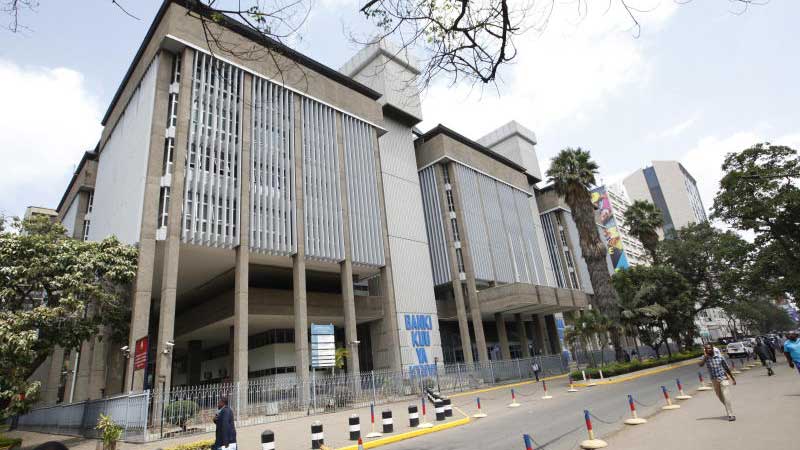×
The Standard e-Paper
Smart Minds Choose Us

NAIROBI, KENYA: Central bank has upheld fines it slapped on five commercial lenders in September over suspicious transactions linked to NYS scam.
CBK evaluated the monetary penalties for Standard Chartered Bank Kenya, Equity Bank Kenya, KCB Kenya, Co-operative Bank of Kenya and Diamond Trust Bank Kenya in regards to the extent of violation that were identified pursuant to CBK’s powers under the Banking Act and the Central Bank of Kenya Act.